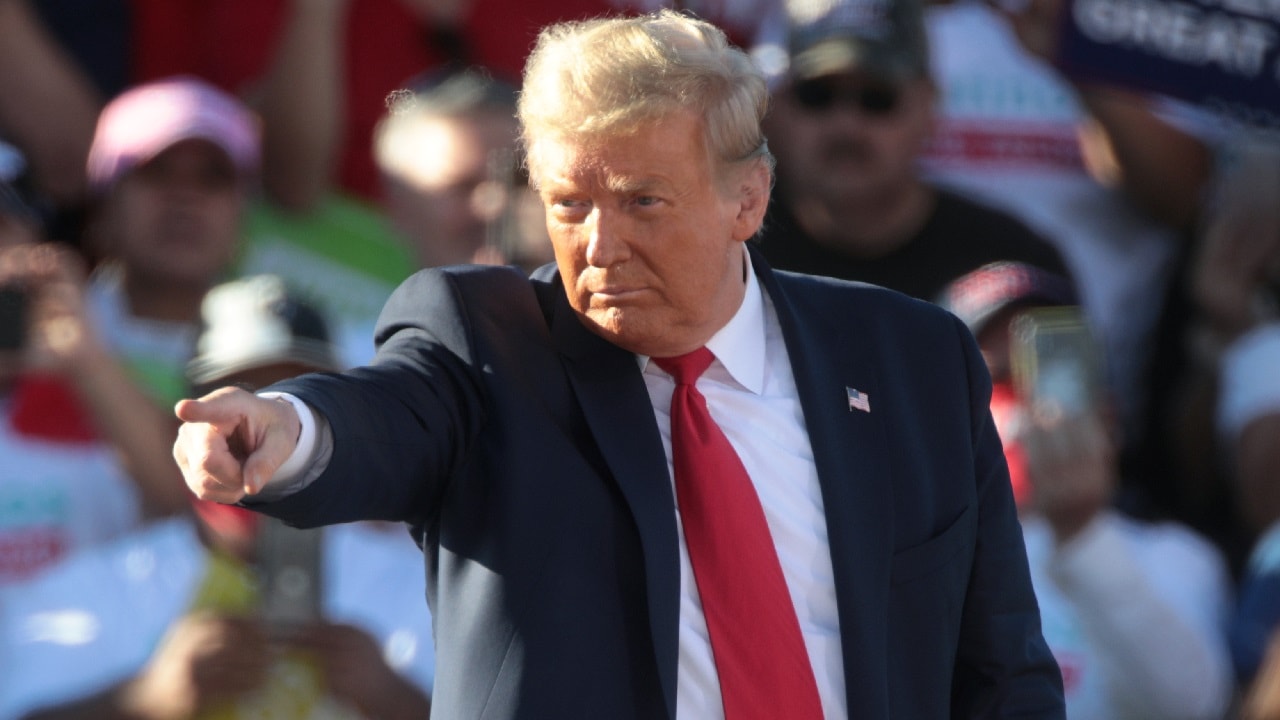Former US President Donald Trump is now in legal jeopardy for his actions on January 6, 2021. The US Congressional special investigative committee of the insurrection that day has suggested to the Department of Justice that Trump be indicted for crimes, including insurrection, a core violation of his oath of office. As 19FortyFive’s own Brent Eastwood points out, this type of referral is new in America’s constitutional experience.
US presidents are usually given wide latitude in their behavior, and there has been a general consensus not to pursue them after their presidency. The concern is to avoid the ‘criminalization’ of political differences, in which the presidency switches from one political party to another and the incoming leader uses the office for partisan revenge against the previous leader of the other party.
The activities of the preceding president are pored over – for corruption or nepotism particularly – leading to indictments which may be legally sound but also carry inevitable political overtones.
Why Former Presidents are Jailed
Many democracies have struggled with this.
In Latin America, for example, right-left social and political cleavages are often severe. This leads to powerful presidencies as presidents try to break social deadlocks via executive order or decree. Such decrees operate at the fringes of democratic constitutional behavior, but presidents frequently feel obliged to behave this way in the face of legislative gridlock. Even former President Barack Obama flirted with his approach in the last two years of his presidency. Impeachment and investigations are often the result.
South Korea’s Experience
South Korea is perhaps the most famous case of the aggressive prosecution of former presidents.
All of its living ex-presidents but one have been investigated after their term, usually resulting in jail time. South Korea is also one of the few democracies to complete a presidential impeachment cycle. In many democracies, impeachments are derailed by insufficient votes or the resignation or end of the term of the president under investigation.
Yet in 2016-17, Park Geun Hye was removed in a complicated process, which resulted in her lengthy imprisonment. And this year, when the conservatives retook the presidency, there were the inevitable calls from disgruntled conservatives to investigate previous leftist president Moon Jae-In.
So far, current president Yoon Seok-Yeol has not pursued this, likely in an effort to try to break the cycle of constant investigation of former presidents.
America Has Not Jailed its Presidents
Routine prosecution of ex-presidents, frequently by partisan successors, strongly suggests democratic dysfunction, an inability to peacefully and maturely transfer power to the next generation.
Improving South Korean democracy by kicking this habit is likely why Yoon has resisted partisan calls to investigate Moon Jae-In. This has been the US tradition. But if South Korea lacks deference toward ex-presidents, the US may show too much.
The Nixon Case and Trump
The iconic case, of course, is the near-impeachment and removal of Richard Nixon, and his subsequent pardoning by his successor, Gerald Ford. Ford’s publicly stated reasoning for letting Nixon off was to avoid dividing the country. This was admirable, and Ford was a mild man. He probably genuinely meant it as a healing gesture.
But there is also little doubt that Nixon was guilty of significant abuses of power. Among others, he misused the IRS, FBI, and CIA. This is well-documented now. John Dean, Nixon’s lawyer who eventually broke with the White House, has built his subsequent career on elaborating Nixon’s many tricks and violations.
Ford may have spared the country a rancorous investigation, but he also created a precedent that helped Ronald Reagan through the Iran-Contra scandal and is now tilting the politico-legal debate in Trump’s favor. The problem is that Ford’s pardoned created an aura of presidential immunity, that a sitting president can do nearly anything without facing liability. This ‘imperial presidency’ is also unhealthy for democracy and is captured in Nixon’s notorious dictum, ‘if the president does it, it’s not illegal.’
Trump Probably Won’t Go to Jail
All of this shifts the playing field toward Trump in any coming investigation. There is a widespread cultural and legal expectation that ex-presidents are not charged, much less imprisoned. Indeed, if Trump went to jail, that would be unprecedented. And we should expect Trump to insist on this relentlessly: if previous presidents, even Nixon, did not go to jail, then why should he.
The extreme charges against Trump are the wildcard though. Trump was uniquely disloyal to the office. His corruption – such as using the White House for a political party convention or directing government business toward his hotels – was not unprecedented, even if it was unbecoming. The real issue is the insurrection charge. That directly violates the presidential oath of office, something not even Nixon did. If Americans find they have had enough of assumed presidential immunity, then Trump and his many abuses of power, culminating in an effort to subvert an election, would be a good place to start changing that norm.
Expert Biography: Dr. Robert E. Kelly (@Robert_E_Kelly; RoberEdwinKelly.com) is a professor in the Department of Political Science at Pusan National University and 19FortyFive Contributing Editor.

